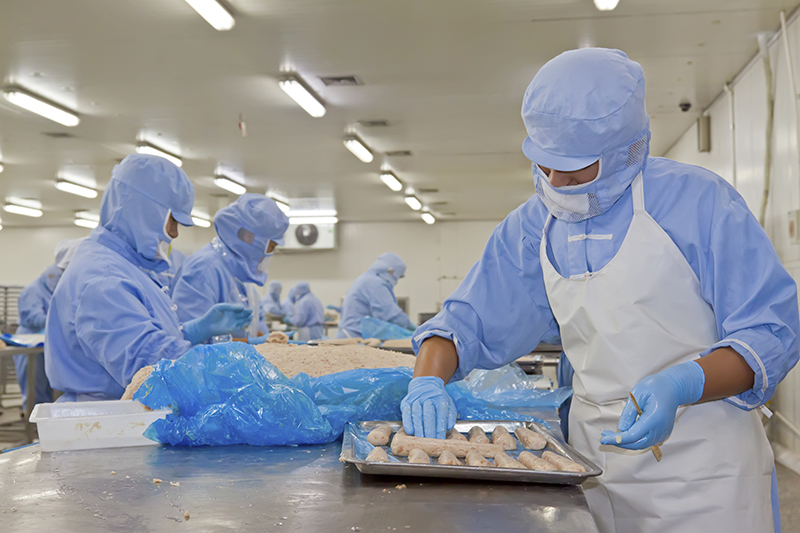The British have finally decided that cannabis reform is overdue. In London at least, 63% of the population believe that recreational reform is a good idea. According to a poll by The Evening Standard, the rest of England too, is getting close to a majority when the idea of recreational reform is in the room.
It is, as usual, recreational reform that is the icing on a medical cake that has yet to be baked. But that spice brownie is well on its way to the oven too. According to the British Medical Journal as of the beginning of July, the idea of broader access to regulated medical supplies for patients is mandatory.
And in the ranks of the conservative party, Crispin Blunt founded the Conservative Drug Policy Reform Group last September to lead Parliament in a long overdue discussion about the use of both medicinal and recreational cannabis use in the UK that formally “launched” during the last week of June.
But how the industry will develop here is also a big question in the room right now, especially with a country poised on the edge of one of the biggest constitutional questions in the country’s history – to Brexit or not, and how.

Photo courtesy of The UK Ministry of Justice, Flickr
The North American Influence Is Controversial
While Blunt, for example, sees no issue with injecting North American capital into the debate, there are others who are not so sanguine. And while the idea of Canadian reform is popular here, including the freedom of patients (and others) to grow small amounts themselves, the idea of Canadian companies influencing national policy is not. From The Daily Mail to The Guardian, there have been front page headlines about the coming financial influence of “The North Americans.”
That this discussion is also going on at a time when the UK is considering a completely new trade agreement with the world, including on pharmaceuticals, is not insignificant. Where the country’s drugs come from, far from cannabis, is absolutely on the table. Not to mention how much they cost.
Questions of basic access are likely, in other words, to be in the room for a long time here. The barriers to obtaining and filling a prescription start at its expense – which is ₤1,100 (about $1,400) per prescription. There are few people, let alone those who are chronically ill, who can afford the same. This is far from a “normalized” drug- even of last resort- at the NHS.So far, the number of actual cannabis patients in the UK (ones who go to a doctor for a prescription and fill it) is still under 100 people.
That said, it is a start. And for the first time, as of this summer, those with the money can in fact, obtain cannabis by prescription.
But what happens to those (the vast majority) who cannot?
Patients Are Feeling Side-lined
Just as in national legalizing conversations in the United States and Canada so far, patients are being pushed aside for “the business” to take the conversation forward. But where does this business fall on matters of price and access?
So far, the number of actual cannabis patients in the UK (ones who go to a doctor for a prescription and fill it) is still under 100 people.
While patient groups are organizing, and the earliest ones to gain national attention, usually families whose children have been directly in the line of fire, are getting commercial ambitions themselves, the fact remains that patient voices are not the loudest ones in the room. Although as Blunt announced last week, he does not see recreational reform happening in the UK for the next five years.
That also means that every Canadian company entering the market (in particular) will have to continue to sing the same medical song they have been humming across Europe- at least in public.
The UK is NOT Germany – But It’s Not Canada Or The US Either…
No matter how much more “liberal” supposedly, the English people are on the whole CBD question (there is already far more CBD for sale in the UK than just about anywhere else), the UK market is still far behind Germany. Why? Since March 2017, insurance companies auf Deutschland have been required to cover the drug – from sprays and pills to floss when prescribed by a doctor.
There are, by latest calculations about 50,000 German patients.
That said, it is clear that the British do not seem to give a fig about the entire “novel food” discussion and are literally, in some cases, daring the police to raid stores and shut down establishments. The idea of rebellion against EU rules seems very obvious on the CBD front.
Beyond this, however, it is also clear that “Canadian” much less “American” cannabis reform is not necessarily the only model in town.
As the British, in other words, do finally embrace the cannabis question, it is very likely that the face of the same will be of a unique Limey strain all of its own.



































